
Centre for Capacity Research: Project portfolio
- Home
- Research
- Centres and Units
- Centre for Capacity Research
- Centre for Capacity Research: Project portfolio
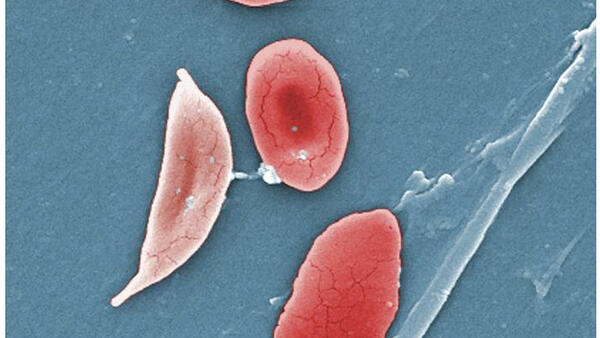
Patient-centred sickle cell disease management in sub-Saharan Africa (PACTS)

Fleming Fund Country Grants

The Fleming Fund is a £265 million UK aid investment to tackle antimicrobial resistance in low- and middle-income countries around the world. The programme is managed by the UK Department of Health and Social Care, in partnership with Mott MacDonald, the Fleming Fund Grants Management Agent.
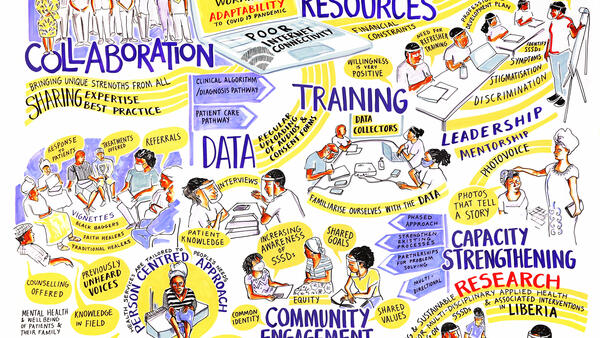
REDRESS - Reducing the burden on severe stigmatising skin diseases
REDRESS is a £3.5 million programme awarded to LSTM from the National Institute for Health Research (NIHR) with an aim to reduce illness, stigma, social exclusion, and poverty caused by severe stigmatising skin diseases in Liberia.
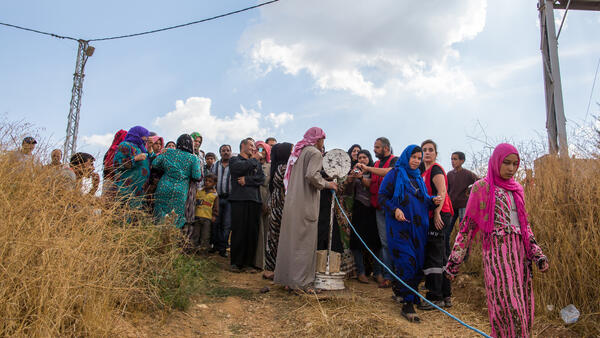
GOAL - Strengthening the capacity of health systems in Lebanon
The London School of Hygiene and Tropical Medicine (LSH&TM) is leading a three-year GCRF/ECSR-funded research project which aims to “support government and partners in strengthening the capacity of health systems to meet the mental health needs of refugees and host communities affected by protracted displacement in Lebanon.

Tiny Targets – Strengthening national tsetse control programmes in Uganda and DRC
Gambian Human African Trypanosomiasis (gHAT) is a parasitic disease transmitted by tsetse flies. A ‘tiny target’ (pictured) is a novel tsetse control intervention that has the potential to eradicate gHAT in affected countries. Centre for Capacity Research is supporting researchers at the Liverpool School of Tropical Medicine (LSTM) to strengthen national capacity for tiny target implementation in Uganda and the Democratic Republic of Congo (DRC).
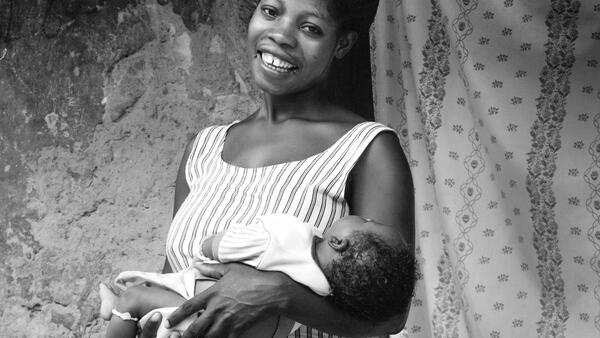
Developing quality improvement interventions for blood transfusions in the management of postpartum haemorrhage in Ghana and Uganda
Catastrophic bleeding after childbirth (postpartum haemorrhage) is a leading cause of deaths among mothers worldwide. It is especially problematic in Sub-Saharan Africa where it causes almost 50,000 deaths each year. Risk factors for fatal postpartum haemorrhage, like anaemia, are common among pregnant women across Sub-Saharan Africa. However, these risk factors are not well understood at a community level, and high-risk women may not give birth in a facility where postpartum haemorrhage could be managed.
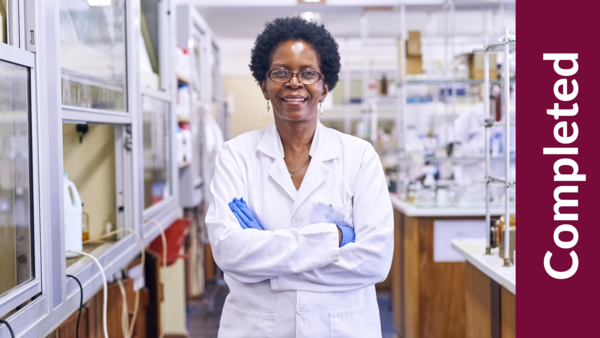
Africa Capacity Building Initiative (ACBI): Monitoring, Evaluation, and Learning
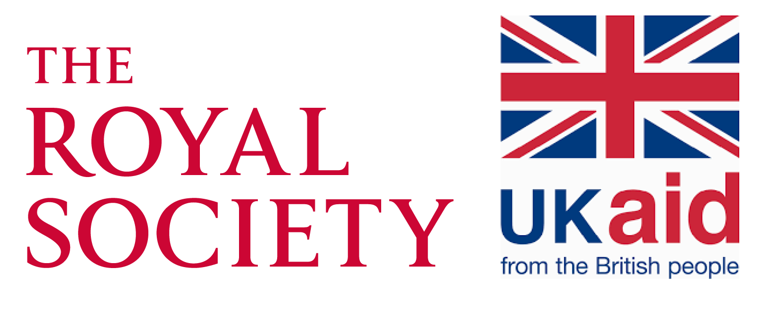
The Royal Society-DFID Africa Capacity Building Initiative (ACBI) aims to strengthen the research capacity of universities and research institutions in sub-Saharan Africa by supporting the development of sustainable research and laboratory networks, increasing the number of PhD trained African researchers with the ability to undertake high-quality research, improving the quality of research training and mentorship and retaining these researchers in Africa institutions.

CEPHaS: Research Capacity Strengthening in Conservation Agriculture

Two recent drought seasons in southern Africa have highlighted the vulnerability of agriculture to climate change. Conservation agriculture (CA) practices - such as minimum till, mulching, and crop rotations - are widely promoted as “climate smart” strategies targeted at small holder agriculture in the region. The benefits of CA are the subject of wide debateand policy makers and communities require a broad base of evidence from the natural and social sciences to support their decision-making.
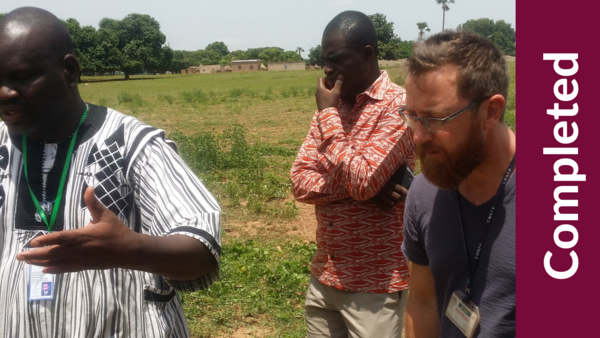
Evaluation of Research Networks for Health Innovation in Sub-Saharan Africa

The German Federal Ministry of Education and Research (BMBF) is working with the Gesellschaft für Internationale Zusammenarbeit (GIZ) to implement the ‘Research Networks for Health Innovations in sub-Saharan Africa’ programme. This programme aims to improve the understanding of etiology and epidemiology as well as enhancing diagnosis and treatment for neglected and poverty-related diseases within five research networks.
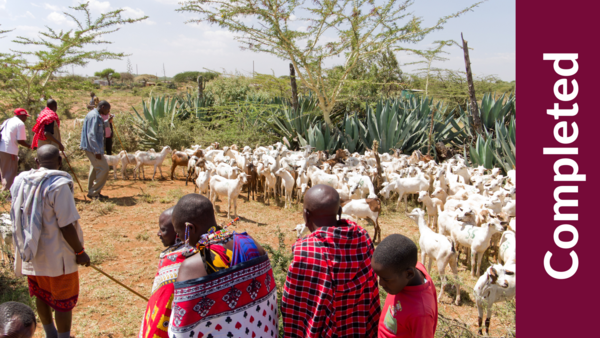
HORN - Research Capacity Strengthening in One Health
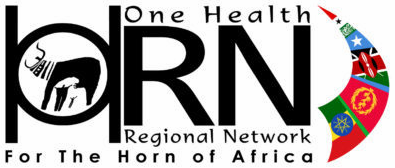
One Health is the concept that the health and well-being of people is linked to the health of their animals and the environment. It is nowhere more true than in the Horn of Africa (Kenya, Ethiopia, Eritrea and Somalia) where many people’s livelihoods are highly, or in some cases entirely, dependent on livestock. Animals are culturally, socially and economically vital in the region, but are also a source of human disease. Outbreaks of disease in animals thereby directly affect people’s health but also their wealth and nutrition. Livestock production and human health and well-being in the Horn of Africa can be increased through research, leading to improved agricultural systems; more food and less malnutrition; more financial resilience; and better detection, diagnosis, prevention and control of disease.

Generating Evidence to Foster Multi-Disciplinary Implementation Research in Lung Health and Tuberculosis (MUDI)
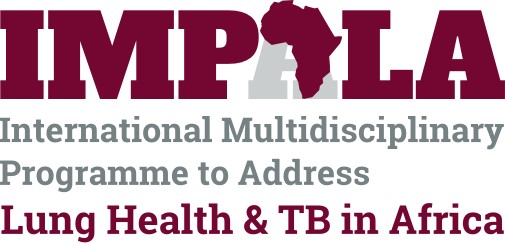
Non-communicable lung diseases, tuberculosis (TB), and acute presentations of lung disease, account for 3 of the top 5 causes of death worldwide, disproportionately affecting the world's poorest people. The co-existing burdens of communicable and non-communicable lung disease bring special challenges to health systems adapting to epidemiological and socioeconomic transitions in low and middle-income countries (LMICs).
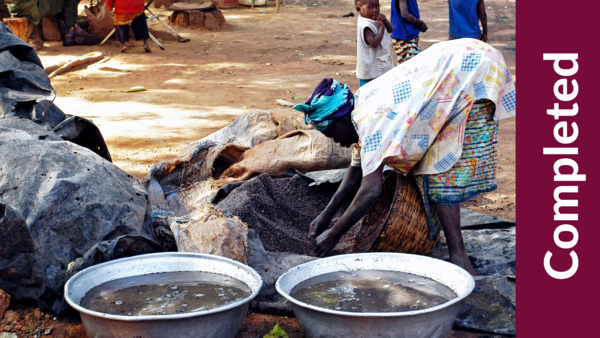
Research Capacity Strengthening in Vector Control

Vector-borne diseases are pervasive, causing massive morbidity and mortality, and severely hindering economic growth across the developing world. Many of the current tools available are inadequate in urban environments or are failing due to insecticide resistance, and the evidence base for newer interventions remains weak. Selecting the most cost-effective, affordable, and acceptable tools to reduce the burden of vector borne disease requires an integrated approach involving vector biologists, economists, and anthropologists, working in partnership with national ministries of health, planning and finance.
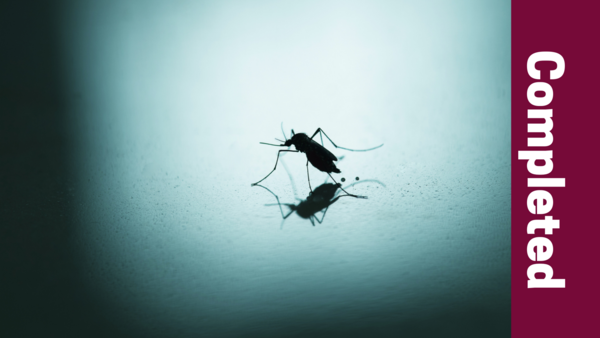
Comic Relief-GSK Partnership on Health Systems Strengthening for Malaria Prevention and Control
Comic Relief and GSK have formed a strategic partnership to provide grants to UK and locally-based organisations to combat malaria and strengthen healthcare systems in countries with particularly acute needs: Ghana, Mozambique, Sierra Leone, Tanzania and one of the vulnerable countries in the Mekong sub-region.

DELTAS – Learning Research Programme
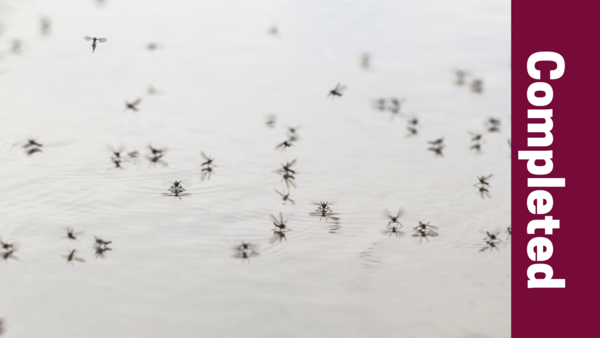
Sustainable Capacity for Africa Vector Control Research and Product Development
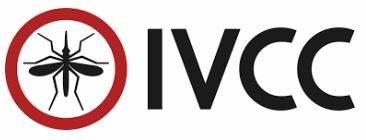
To learn and share lessons about how vector control trial sites in Sub-Saharan Africa can achieve and sustain GLP certification
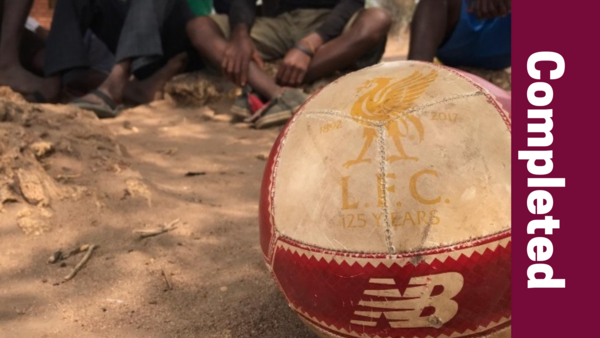
Health Goals Malawi
‘Health Goals Malawi’ is a three-year project using football as a convenor to engage adolescent and young males aged 14-24 with health services, particularly HIV self-testing. The project aims to reduce the transmission of HIV and other sexually transmitted diseases in Malawi, by raising awareness of support services and educating young people about the risks. The project works in partnership with Liverpool Football Club Foundation (LFC), the Malawi Liverpool Wellcome Trust (MLW) and Population Services International (PSI) to support local community leaders and coached to engage with local youth, who are predominantly hard to reach, and the least likely to access health education and services such as self-testing and treatment plans.
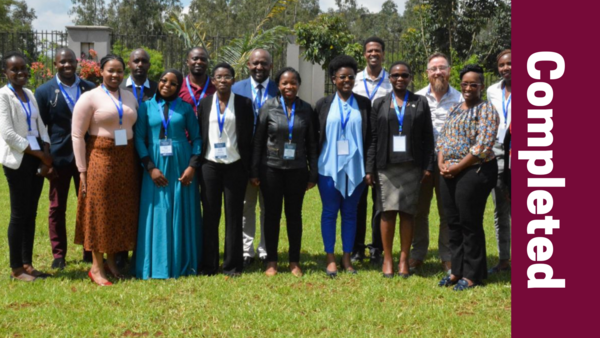
DELTAS Africa – Community and Public Engagement Fund
The Developing Excellence in Leadership, Training and Science (DELTAS) Africa is a five-year initiative that aims to improve health in Africa through research driven by the most urgent regional challenges. It is implemented by The African Academy of Sciences (AAS) with support from Wellcome and the UK’s Department for International Development (DFID) to train and develop world class researchers and research leaders in Africa.
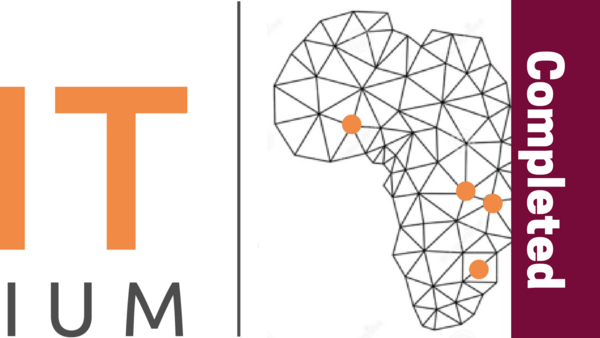
The LIGHT Consortium: Centre for Capacity Research Objectives
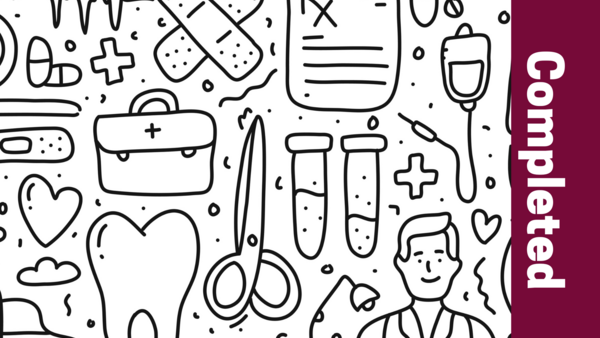
GCRF Challenge Clusters: Good practice recommendations on how to embed and sustain improvements in research capacity
The £1.5Bn GCRF fund supports collaborative, large-scale research projects between UK and developing country institutions. Many of these projects directly or indirectly contribute to strengthening research capacity in partnering countries – however, much of this effort can be wasted if these capacity improvements are not adopted or sustained in the long-term.
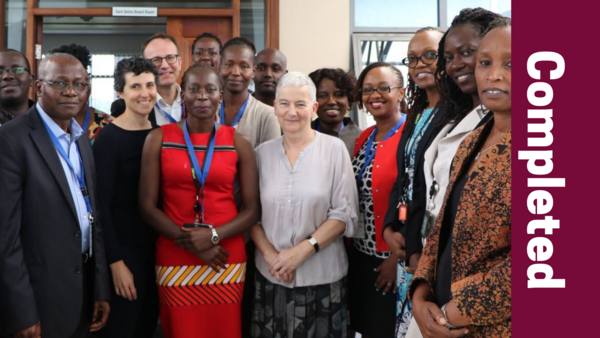
Framework and Indicators to Improve Research Capacity Strengthening Evaluation
This DFID-funded project synthesised information on research capacity strengthening (RCS) and made recommendations about how to better evaluate high-level outcomes and impact of such programmes, taking into account gender and inclusivity. As part of a strategy to increase capacity in the African region for RCS evaluations, the project was implemented in partnership with the African Population and Health Research Centre (APHRC).
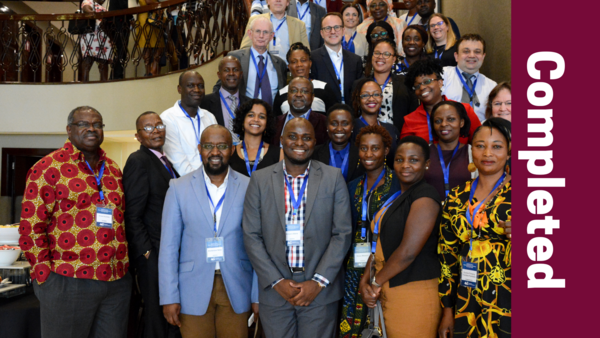
GRMP – Good Research Management Practice
Significant investments have already been made in strengthening African research systems. However, there is an urgent need to harmonise these investments by developing a global standard for Good Research Management Practice (GRMP). This research project will develop a framework for baseline capacity assessments and processes for measuring and tracking changes in research management systems. This will enable evidence to be generated about the impact of these investments and to learn from challenges and successes to make future investments more effective.
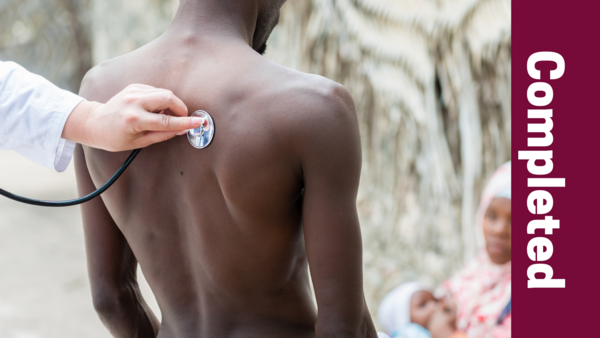
GlaxoSmithKline Africa - Open Labs Programme

GlaxoSmithKline (GSK) established its Africa Non-Communicable Disease (NCD) Open Lab Programme in 2014 as part of a series of strategic investments in sub-Saharan Africa. The Open Lab Programme focused on increasing the understanding of NCDs in Africa, including examining the variations of some NCDs that are seen on the continent.
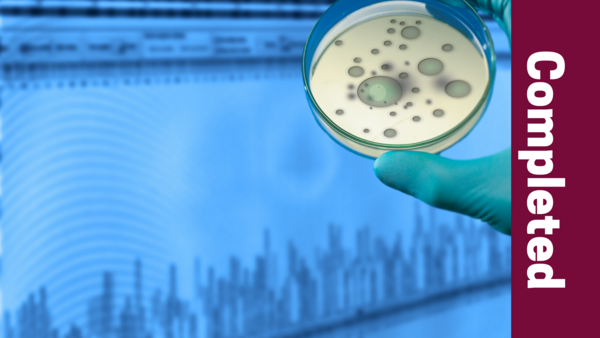
Antimicrobial resistance surveillance: Fleming Fund scoping studies
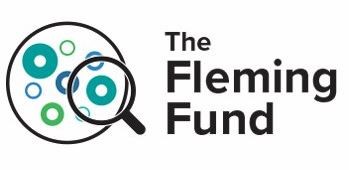
In response to the global threat of anti-microbial resistance (AMR) the Fleming Fund was established in 2015 to assist low and middle-income countries (LMIC) in developing surveillance systems and laboratory capacity. CCR conducted three initial complementary scoping studies to help funding partners identify areas of greatest need and how best to strengthen surveillance capacity.
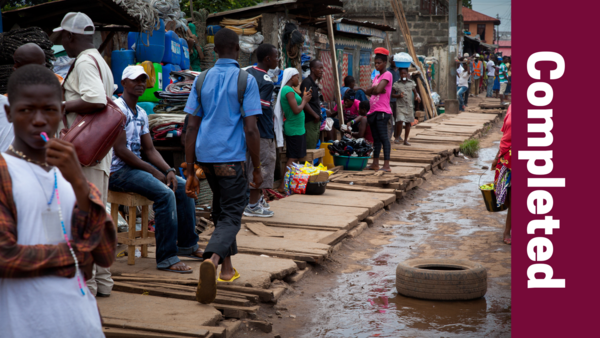
RECAP – Research Capacity Strengthening in Sierra Leone
Building on work by the DfID funded ReBUILD research programme, the RECAP project aims to establish a research centre within the College of Medicine and Allied Health Sciences, Sierra Leone, that will serve as a research coordinating centre, and lead on health systems research and capacity strengthening to deliver credible, relevant research for effective policy making and practice.
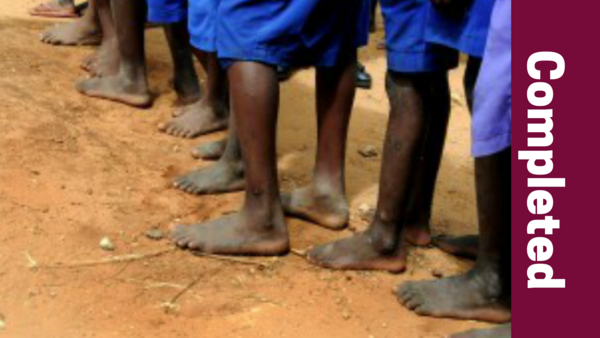
COUNTDOWN: Calling time on Neglected Tropical Diseases. Capacity Strengthening of Research Management Systems

COUNTDOWN is a multidisciplinary research consortium working across four African countries (Ghana, Cameroon, Liberia and Nigeria) and the UK, dedicated to investigating cost-effective, scale-up and sustainable solutions necessary to control and eliminate the seven most common Neglected Tropical Diseases by 2020.
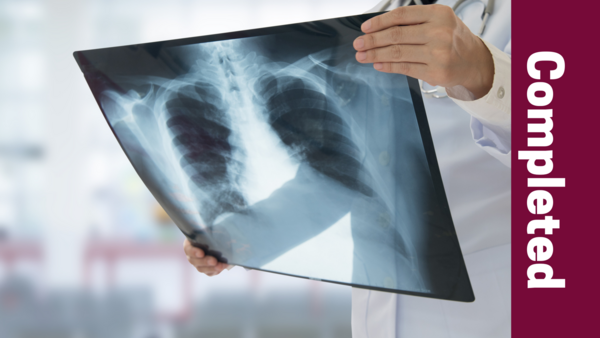
Strengthening capacity and leadership in epidemiological, clinical and operations research
The American Thoracic Society (ATS) aims to improve global health by advancing research, patient care and public health in pulmonary disease, critical illness and sleep disorders. The ATS has established a three-level intensive programme, Methods in Epidemiologic, Clinical and Operations Research (MECOR), which has a global reach, including Africa, China, India, Indonesia, Turkey and Vietnam.
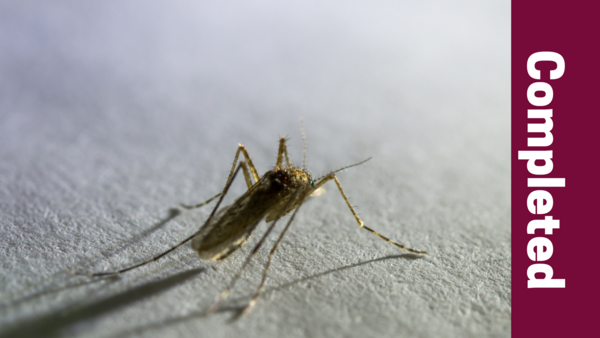
RMSS – Strengthening Research Management and Support Systems in African Universities
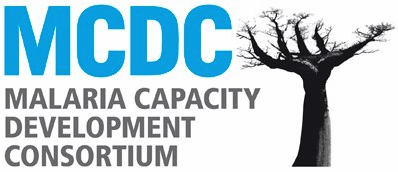
The Malaria Capacity Development Consortium (MCDC, 2008-2016) was set up to strengthen the capacity of five African university departments to provide international-standard academic, administrative and financial support for research activities.

Effective research capacity strengthening: a quick guide for Funders
Approaches to research capacity strengthening (RCS) that support the sustainable local ownership, and the wider sharing of learning and knowledge, are essential to the future of research as well as for nations and communities to find solutions to the many challenges facing the world.
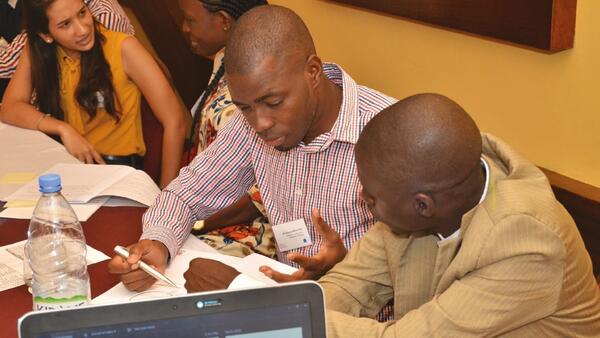
Effective research capacity strengthening: a quick guide for Researchers
The ability of national research systems to generate, manage and utilise research is essential in equipping communities and nations to address local and regional priorities and challenges.1 Yet, in much of the world, competition for state resources and a degree of distance between policymakers and academics prevent national research systems from flourishing. Infrastructure, job opportunities, skills levels and public perceptions about the value of research have all been affected.